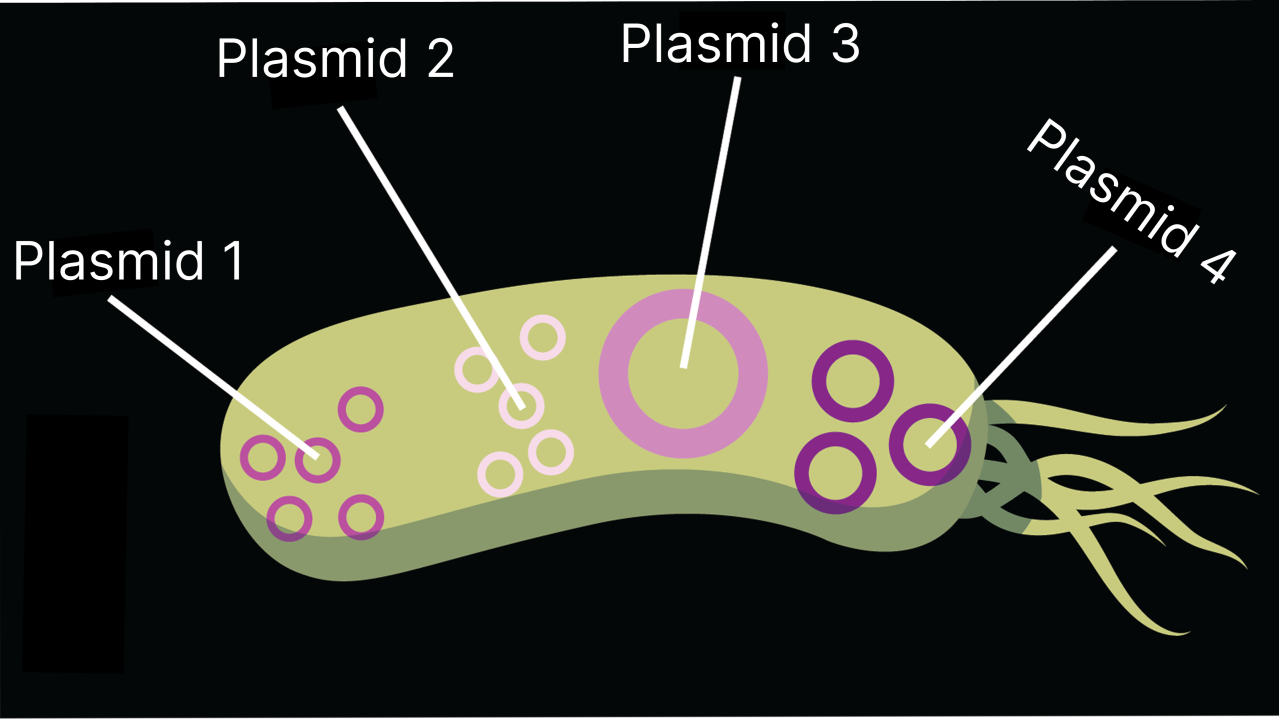A recent study of ours has been chosen as editors’ choice of the Science journal, Aug 2017 (http://science.sciencemag.org/content/357/6350/468.3).
Cattle are able to metabolize otherwise indigestible plant materials with the help of methane-generating bacteria, named methanogens, in their first stomach, the rumen. Methanogens play a key role in sustaining rumen metabolism and function.
Our study shows that methane is generated in the rumen of newborn calves just 2 days after birth. However, the methanogens in the young calves’ rumen differ from those of mature animals. The bacterial taxa that dominate in the young calves require methylated compounds, whereas those in the mature animals mostly require dihydrogen and carbon dioxide. These shifts in observed taxa likely occur as a response to changing environmental conditions during different life stages.
Compositional and functional dynamics of the bovine rumen methanogenic community
across different developmental stages
Environmental Microbiology, August 2017, Nir Friedman et el.

